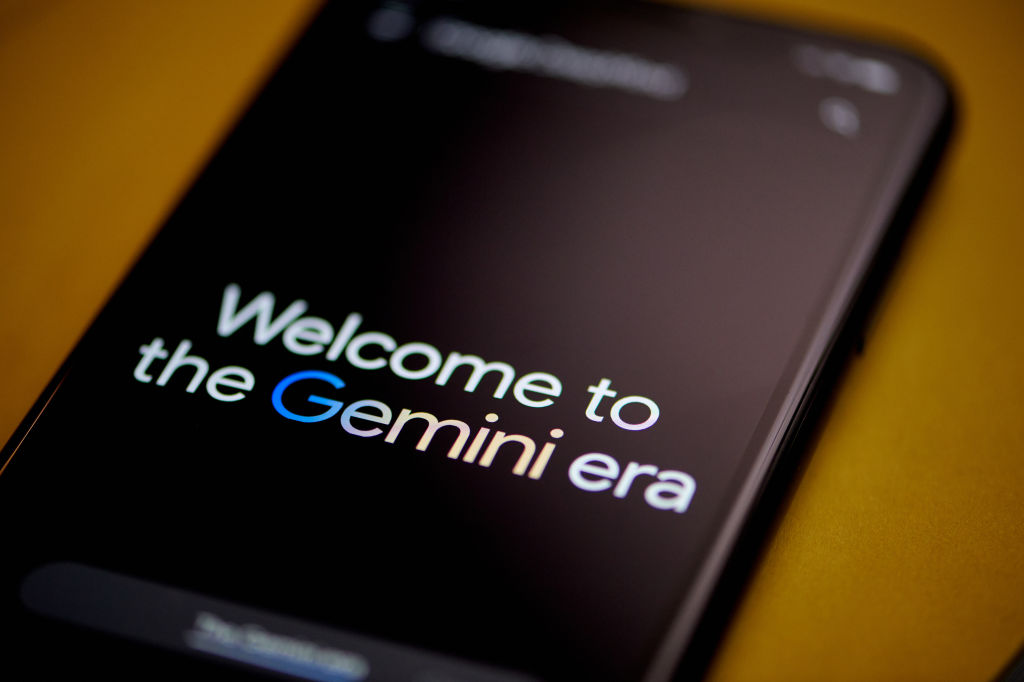Alphabet Inc.’s Google announced that it will be pausing the image generation of people for its powerful artificial intelligence model, Gemini, after facing criticism about how it was handling race. The decision to pause the image generation feature comes as Google aims to address recent issues with Gemini and work on releasing an improved version soon. This move highlights Google’s focus on AI technology, especially in light of advancements made by competitors like Microsoft Corp. and OpenAI, which have posed potential threats to Google’s core internet search business.
Google’s decision to pause the image generation feature of Gemini was prompted by criticism regarding inaccuracies in historical image depictions generated by the model. Critics on X, a platform where users can post examples from AI models, highlighted instances where Gemini produced historically inaccurate images in terms of the subjects’ race. The updated AI model, Gemini 1.5 Pro, was recently released to cloud customers and developers for testing and potential commercial applications. This development underscores the importance of addressing concerns related to bias, misinformation, and deepfakes that can arise from AI technology.
The rapid advancement of AI technology has raised concerns about its potential to enable deepfakes, misinformation, and bias. Google’s decision to pause the image generation of people for Gemini reflects the company’s commitment to addressing these issues and improving the accuracy and reliability of its AI models. By taking this step, Google aims to demonstrate its dedication to responsible AI development and mitigate the risks associated with the misuse of AI technology.
Google and its competitors have invested significant resources in developing generative AI capabilities, with the goal of attracting corporate clients and demonstrating the value of their investments. The decision to pause the image generation feature of Gemini underscores the importance of ensuring that AI models are ethically developed and accurately depict historical events and individuals. As Google works on releasing an improved version of Gemini, it will be crucial for the company to address any issues related to race and accuracy in image generation to maintain trust among users and clients.
In conclusion, Google’s decision to pause the image generation of people for Gemini in response to criticism about how it was handling race reflects the company’s commitment to addressing concerns related to bias and inaccuracies in AI technology. This move underscores the challenges and responsibilities that come with developing and deploying advanced AI models, especially in the context of potential threats to Google’s core business. By working on releasing an improved version of Gemini and addressing issues related to race and accuracy, Google aims to demonstrate its dedication to responsible AI development and maintain trust among users and clients.









